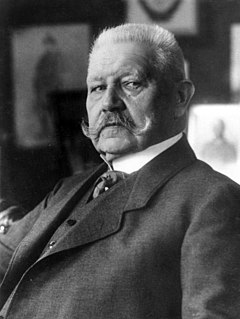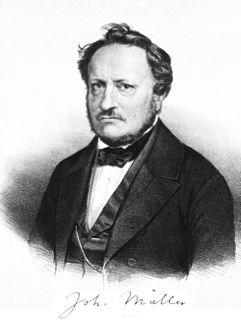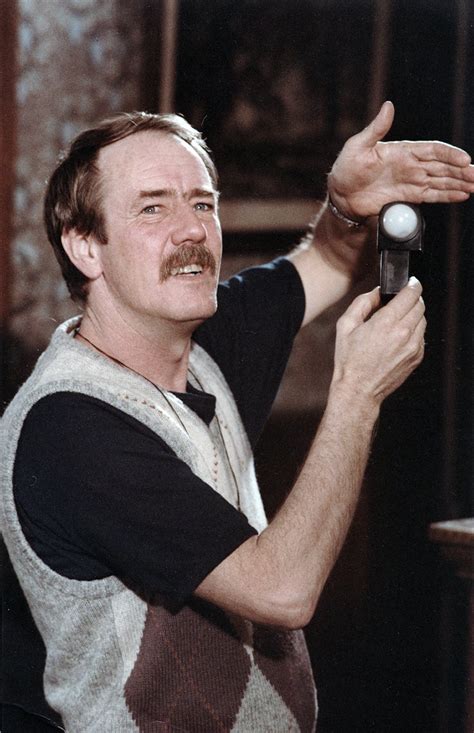A Quote by Josef Pieper
... the greatest menace to our capacity for contemplation is the incessant fabrication of tawdry empty stimuli which kill the receptivity of the soul.
Quote Topics
Related Quotes
The greatest of all our human concepts is the immortality of the personality and the eternal glory of the human soul. Throughout eternity you will be yourself and I will be myself, with quickened senses amplified powers of perception, and vastly increased capacity for reason, understanding, love, and happiness, all of which are qualities we may develop now. Our machines wear out, our barns fall down, and our substance goes back to the dust, but our finest collection of personal qualities will have eternal life.
Tolerance of Cruelty in any form is a degraded state of mind and soul. When we freely allow the massacre and prolonged torture of defenseless creatures, it increases our receptivity to human cruelty and war and steals our humanity, peace and soul. Very little speeds and greases your way to Hell, like animal cruelty.
The centre of the soul is God; and, when the soul has attained to Him according to the whole capacity of its being, which is the strength and virtue of the soul, it will have reached the last and the deep centre of the soul, which will be when with all its powers it loves and understands and enjoys God.
The Savior desires to save us from our inadequacies as well as our sins. Inadequacy is not the same as being sinful - we have far more control over the choice to sin than we may have over our innate capacity. . . . A sense of falling short or falling down is not only natural but essential to the mortal experience. Still, after all we can do, the Atonement can fill that which is empty, straighten our bent parts, and make strong that which is weak.







































